Importance of software security features in data management
Data breaches are a serious threat in private investigations. Incorporating software security features in data management is crucial to safeguard sensitive information. Encryption is vital to protect data from unauthorized access. Access controls ensure that only authorized personnel can view and alter data. Regular software updates are essential to patch vulnerabilities that hackers could exploit. Secure backups help prevent data loss in case of a breach. Prioritizing software security features can significantly reduce the risk of data breaches in private investigations.
Understanding data breaches in private investigations
Data breaches in private investigations can be detrimental to sensitive information. Such breaches occur when unauthorized individuals gain access to confidential data. The repercussions of a breach can range from financial losses to severe damage to a company’s reputation. By understanding how data breaches happen and the importance of software security features, private investigators can prevent such incidents and safeguard their clients’ information.
Common vulnerabilities leading to data breaches
Hackers often exploit weak passwords, outdated software, and unsecured network connections to gain access to sensitive data. Phishing emails that trick individuals into revealing their login credentials are also a common vulnerability. Unencrypted data transmissions and inadequate access control measures leave data exposed to unauthorized access. Inadequate security patches and lack of regular software updates create openings for cyber attacks. It is crucial to address these vulnerabilities to prevent data breaches in private investigations.
Role of software security in preventing data breaches
Software security plays a crucial role in preventing data breaches in private investigations. By implementing robust security features, such as encryption and access controls, software can safeguard sensitive information from unauthorized access. Properly secured data management systems can help ensure that confidential data remains protected, reducing the risk of potential breaches. Additionally, regular updates and patches are essential to address any security vulnerabilities that may be exploited by malicious actors. By prioritizing software security measures, private investigators can significantly reduce the likelihood of data breaches and maintain the integrity of their investigations.
Overview of software security features
Software security features play a crucial role in safeguarding sensitive data in private investigations. These features are designed to prevent unauthorized access and maintain confidentiality. Some common software security features include encryption, access control, authentication, and regular security updates. Encryption ensures that data is encoded to protect it from being accessed by unauthorized parties. Access control allows only authorized users to view, modify, or delete data. Authentication verifies the identity of users before granting access. Regular security updates help to address vulnerabilities and protect against emerging threats. Understanding and implementing these software security features are essential steps in preventing data breaches in private investigations.
Encryption and its impact on data protection
Encryption plays a crucial role in protecting sensitive information from unauthorized access. By using encryption methods, data is transformed into a code that can only be read by someone who has the correct key to decrypt it. This means that even if a malicious actor gains access to the data, they won’t be able to decipher its contents without the encryption key. Encryption significantly enhances data security by adding an extra layer of protection, ensuring that your private investigation data remains confidential and secure.
Access control measures for secure data management
Access control measures are essential for data security in private investigations. By implementing role-based access control, organizations can restrict access to sensitive information based on employees’ roles. Encryption techniques can safeguard data by converting it into unreadable code that only authorized individuals can decode. Multi-factor authentication adds an extra layer of security by requiring users to provide two or more verification factors before accessing data. Regular audits help in monitoring and managing access rights to ensure data protection. Implementing these access control measures can significantly reduce the risk of data breaches in private investigations.
Monitoring and detecting potential security threats
To monitor potential security threats, software security features play a vital role in data management for private investigations. These features work by constantly scanning for any unusual activity within the system and alerting users to any potential breaches. Through real-time monitoring and detection, these security measures can help prevent unauthorized access and safeguard sensitive information from falling into the wrong hands.
Training and awareness for data security
It’s essential for all individuals involved in private investigations to undergo training in data security. This training can help prevent data breaches and ensure that sensitive information is protected. Awareness about potential security threats is crucial for maintaining the integrity of data throughout the investigation process.
Ensuring compliance with data protection regulations
Always ensure that the software you use for data management in private investigations is compliant with data protection regulations. This ensures that sensitive information is protected from unauthorized access or breaches. Some key points to consider include:
- Encryption: Utilize encryption to secure data both in transit and at rest, ensuring that even if data is intercepted, it remains unreadable to unauthorized users.
- Access Control: Implement strict access controls to limit who can view, edit, or delete sensitive information, reducing the risk of data breaches.
- Regular Audits: Conduct regular audits to ensure that the software security features are functioning as intended and that any vulnerabilities are promptly addressed.
- Data Minimization: Only collect and store the data that is necessary for the investigation, reducing the amount of sensitive information at risk.
- Training: Train all personnel involved in data management on best practices for data protection and security to minimize human error that could lead to breaches.
By prioritizing compliance with data protection regulations in your software security features, you can significantly reduce the likelihood of data breaches in private investigations.




 520 838 0346
520 838 0346 sales@zinatt.com
sales@zinatt.com











